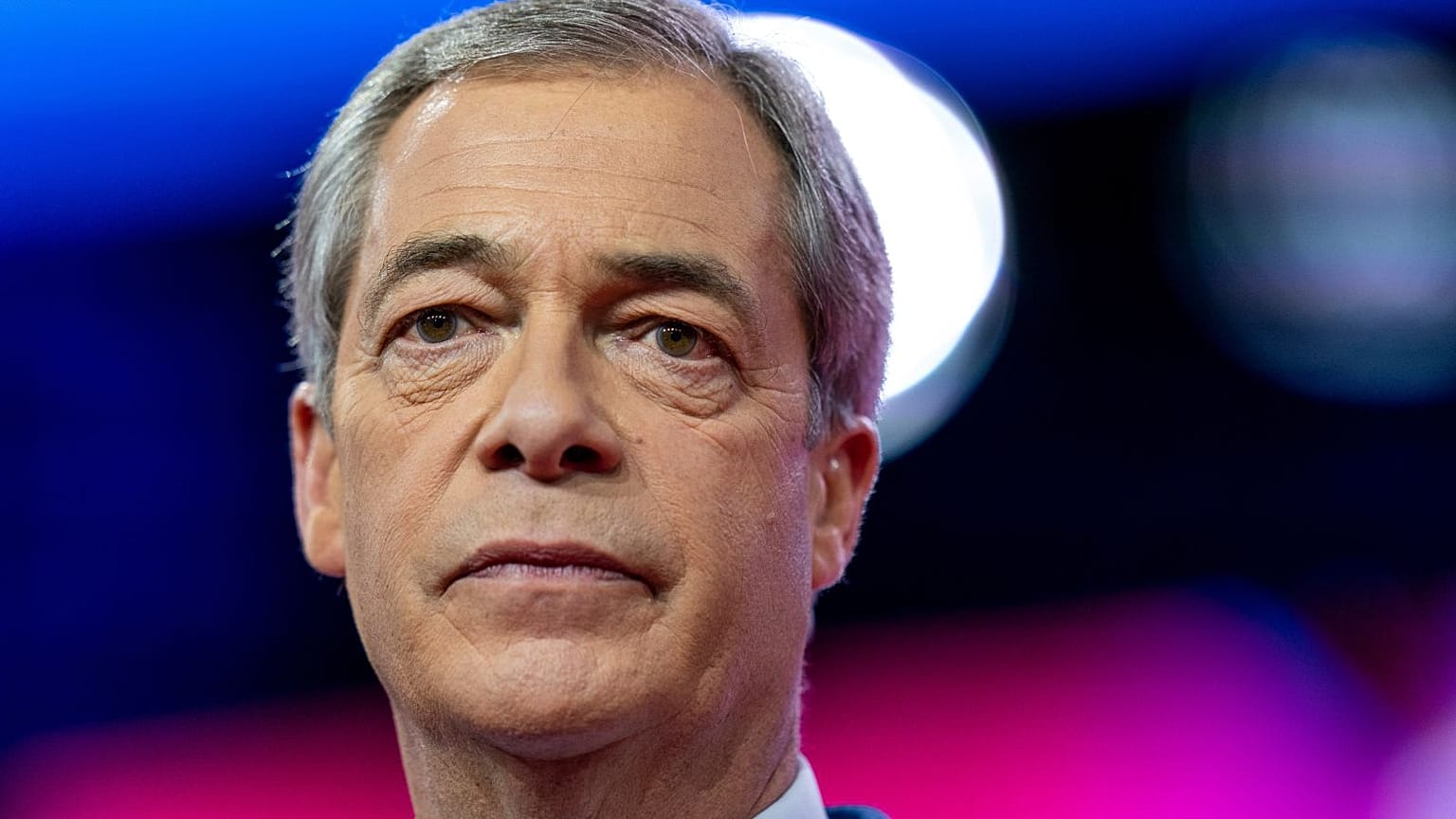The boss of one of Britain's biggest banks has resigned after the Brexit-backing politician accused it of closing his account unfairly.
The chief executive of one of Britain's biggest banks, NatWest, left her job on Wednesday after discussing personal details of a client — the populist politician Nigel Farage — with a journalist.
 ADVERTISEMENT
ADVERTISEMENT
 ADVERTISEMENT
ADVERTISEMENT
The bank said Alison Rose was leaving “by mutual consent.” The surprise early-morning statement came just hours after NatWest had expressed full confidence in the CEO.
"It is a sad moment," said the bank's chairman, Howard Davies.
Rose's departure came after days of news stories sparked when Farage complained that his bank account had been shut down because the banking group didn’t agree with his political views.
Farage, a right-wing talk show presenter and former leader of the pro-Brexit UK Independence Party, said his account with the private bank Coutts, owned by NatWest Group, had been closed down unfairly.
The BBC ran a story, based on an anonymous source at the bank, saying the account was closed because Farage did not meet Coutts' £1 million pound (€1.1 million) borrowing requirement.
Farage then published documents he had obtained from the bank showing officials discussing his political views and the “reputational damage” associated with keeping him as a customer. The documents said Farage was “seen as xenophobic and racist” and “considered by many to be a disingenuous grifter.”
Farage repeatedly failed to get elected to Parliament during his political career but played an outsized role in taking Britain out of the European Union, in large part by stoking concerns about immigration.
On Tuesday evening, Rose apologised to Farage and acknowledged she was the anonymous source of the inaccurate BBC report that claimed the decision to close Farage's account was purely commercial.
Farage accused the bank of stomping on his freedom of speech, and some members of the Conservative government echoed his concerns.
NatWest was bailed out by the government during the 2008 global crisis and remains almost 40% owned by British taxpayers.
Andrew Griffith, the banking minister, is due to meet Britain’s largest banks on Wednesday morning to address concerns related to customers’ “lawful freedom of expression."
Britain’s Treasury announced last week that UK banks will be subject to stricter rules over closing customers’ accounts. They will have to explain why they are shutting down someone’s account under the new rules, and give 90 days’ notice for such account closures. They previously have not had to provide a rationale for doing so.
The changes are intended to boost transparency for customers, but will not take away a banking firm’s right to close accounts of people deemed to be a reputational or political risk.
Farage welcomed Rose’s departure but said he wanted to see “a fundamental change of the banking laws" and the ouster of more members of the NatWest board.
“We bailed these people out and in return they close our branches, they close our personal and business accounts on a huge scale,” he said. "We need real change here and I am going to go on pushing for it.”














